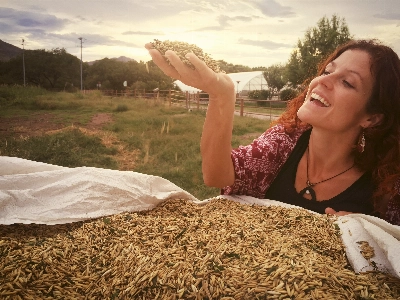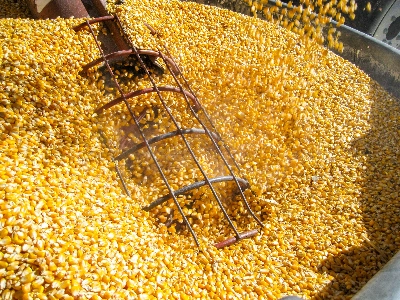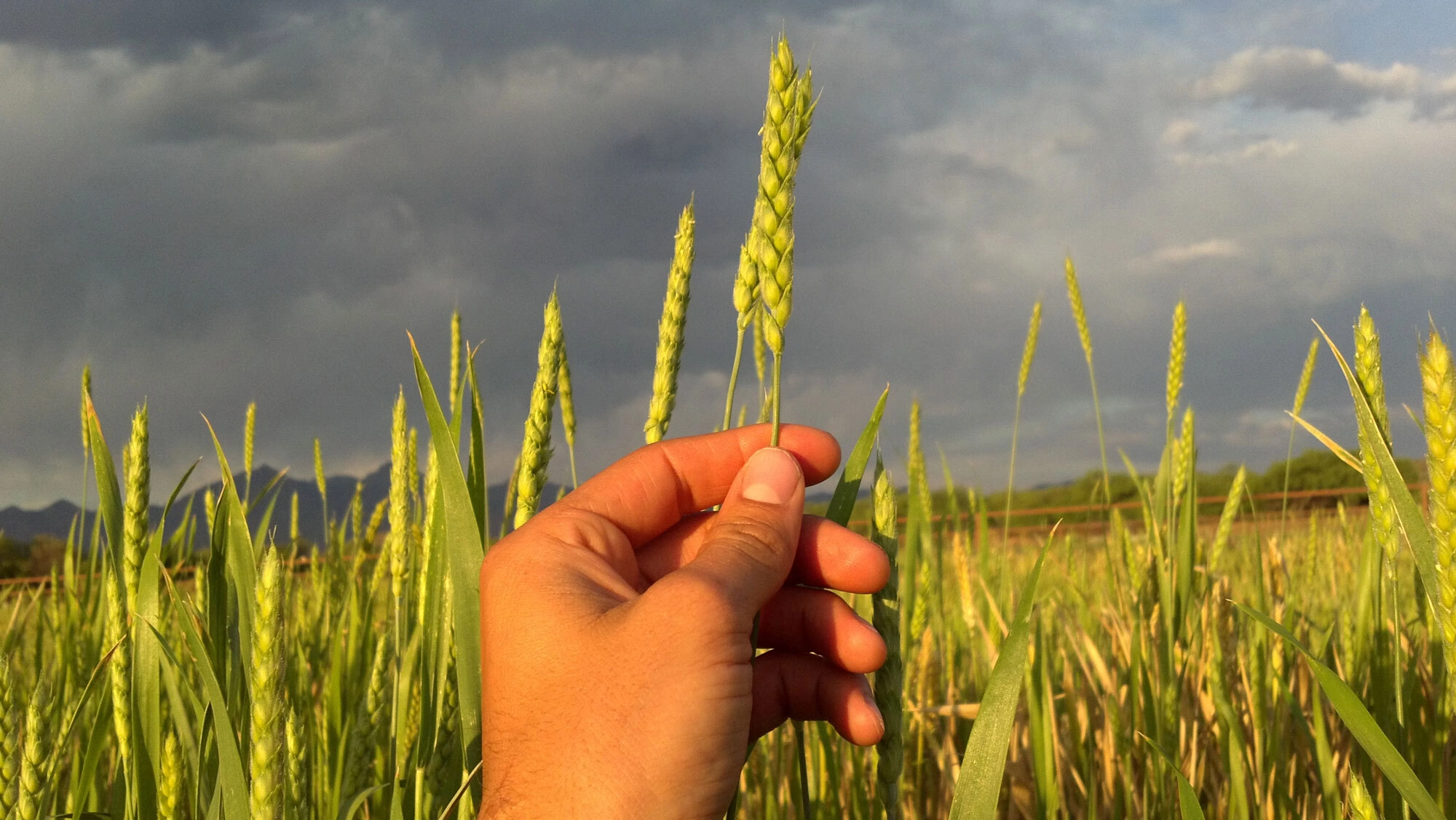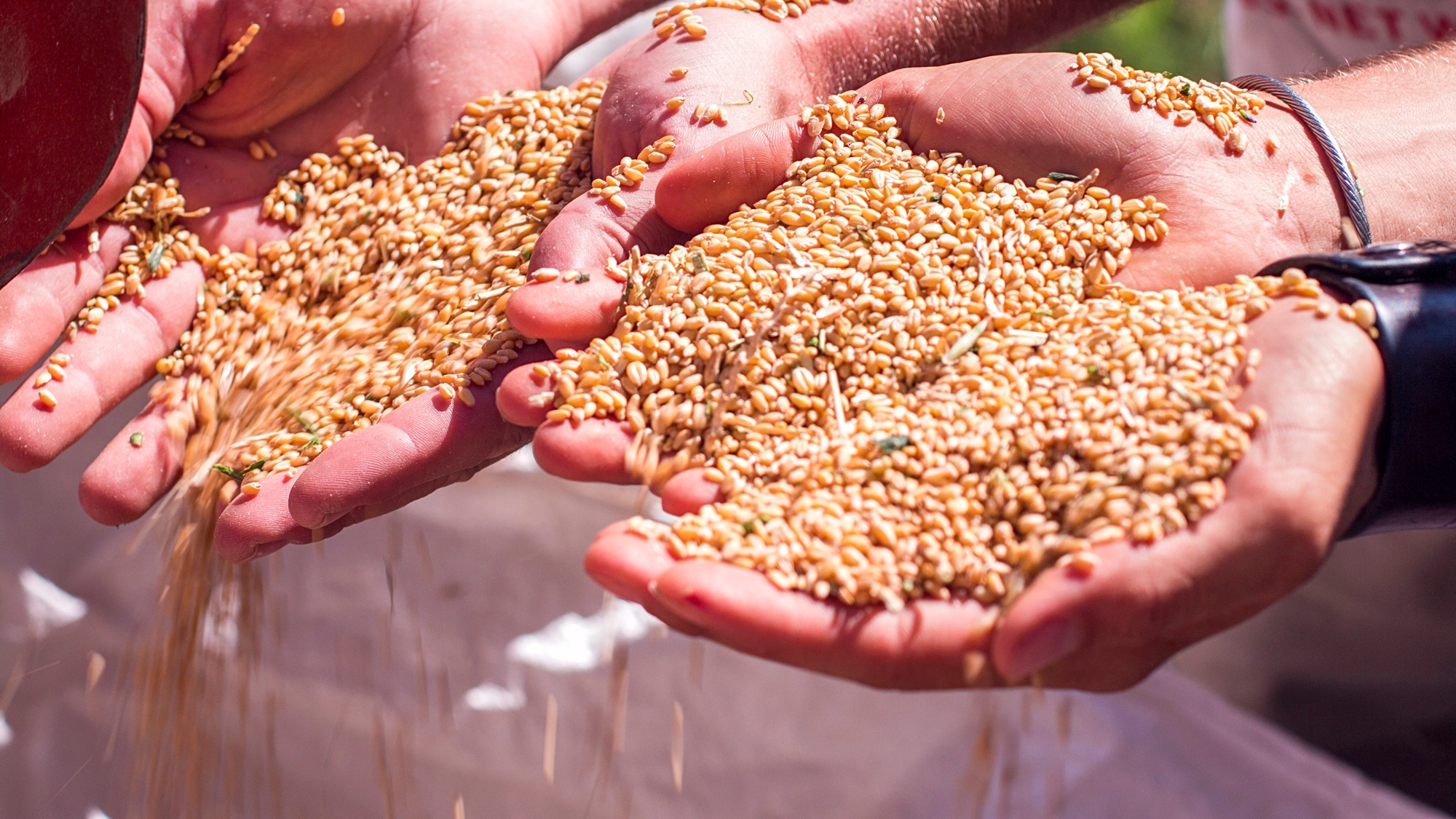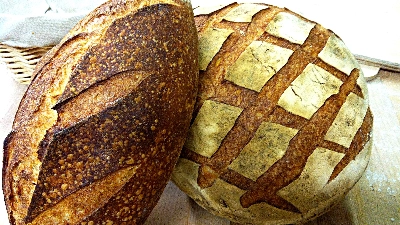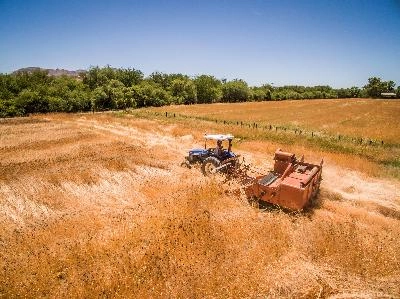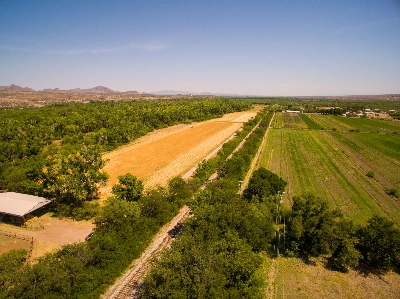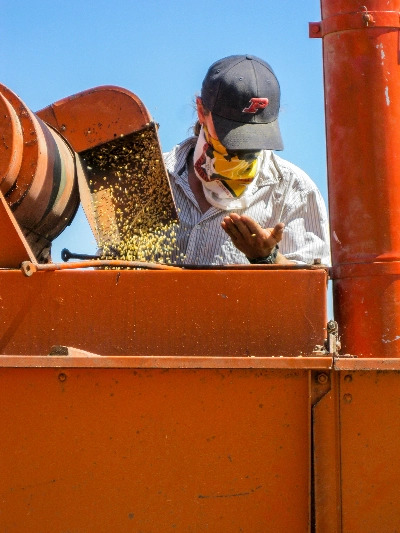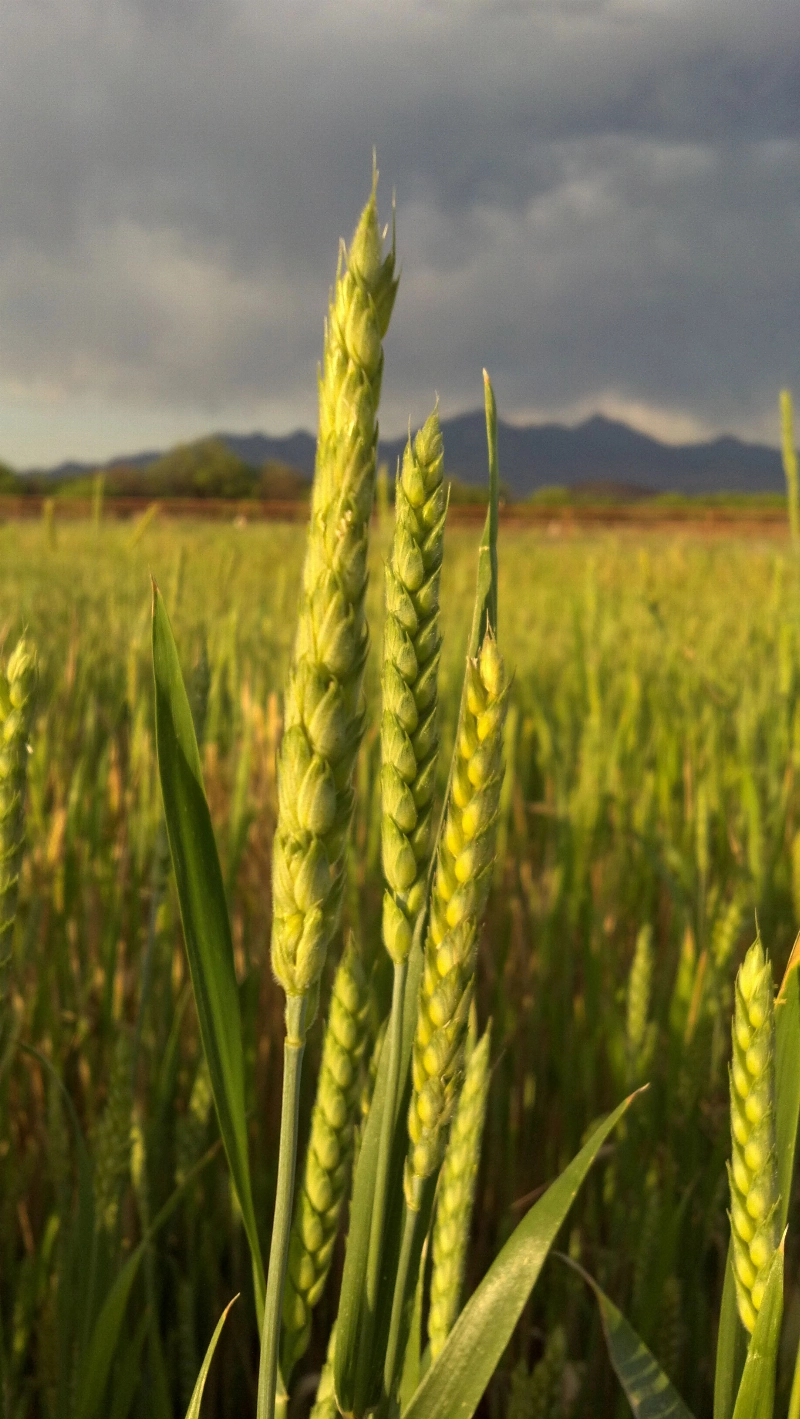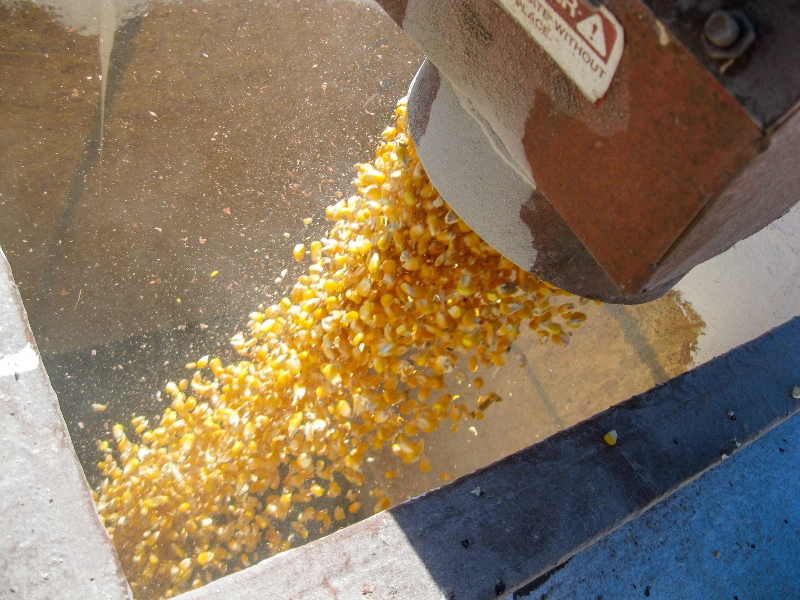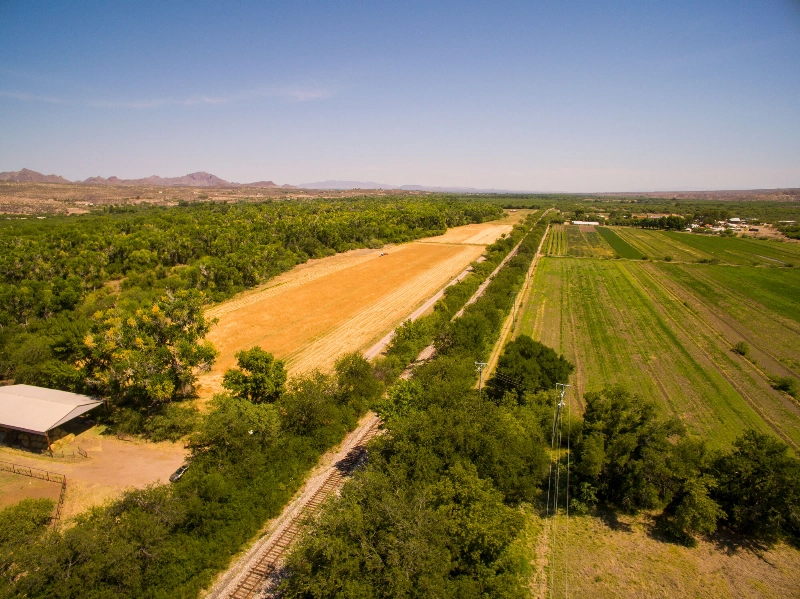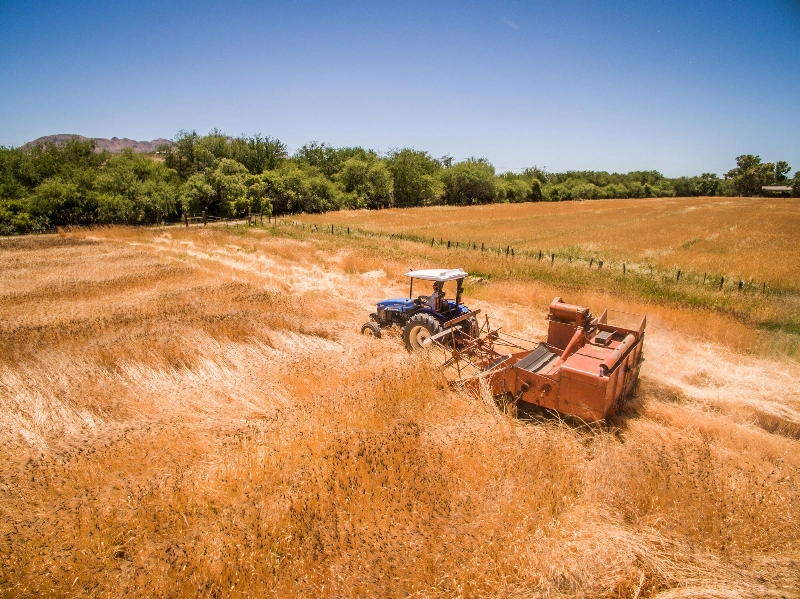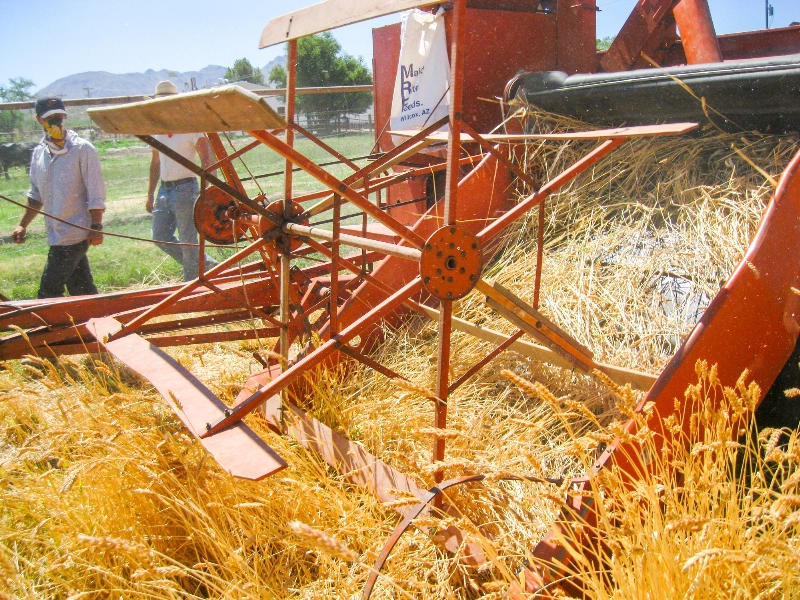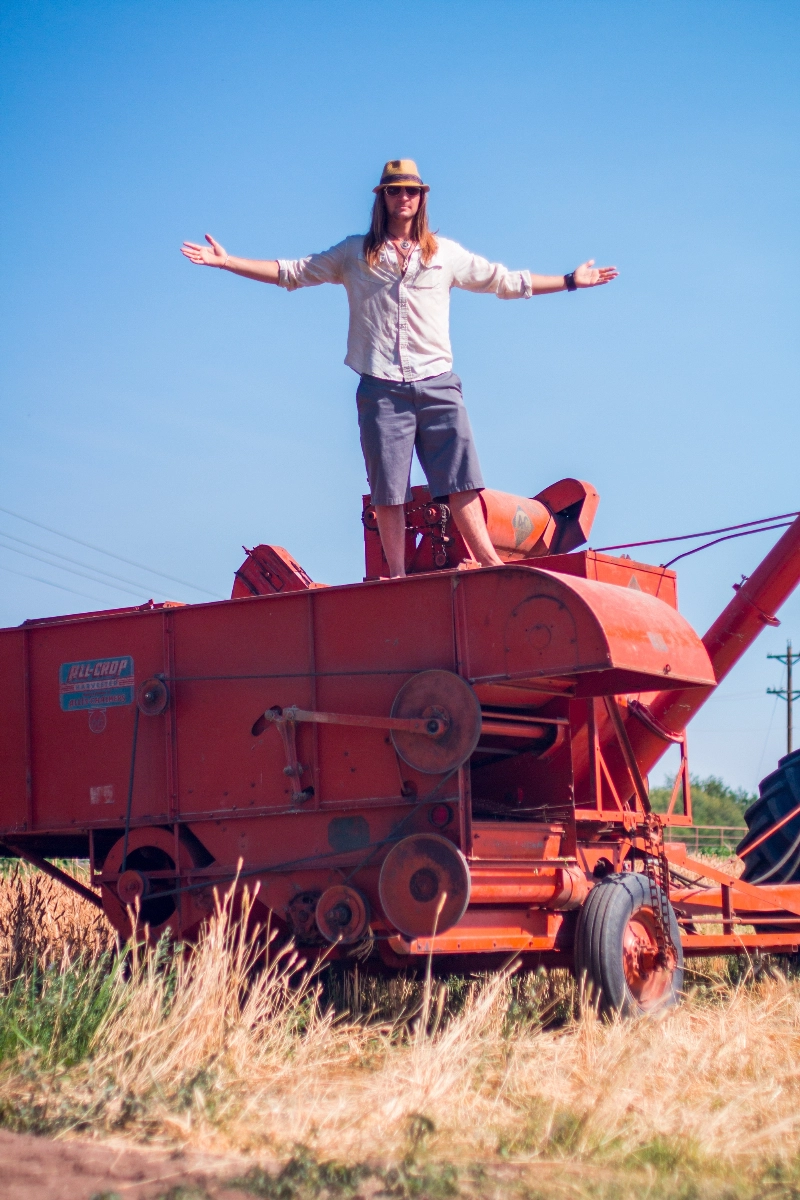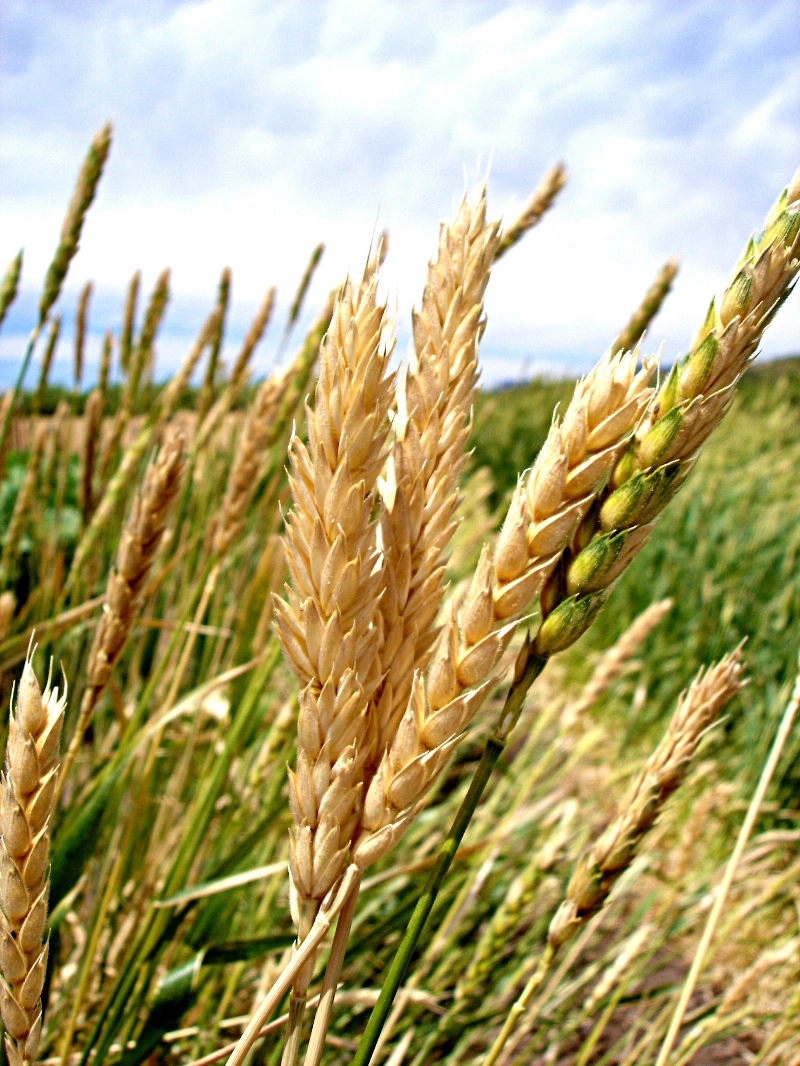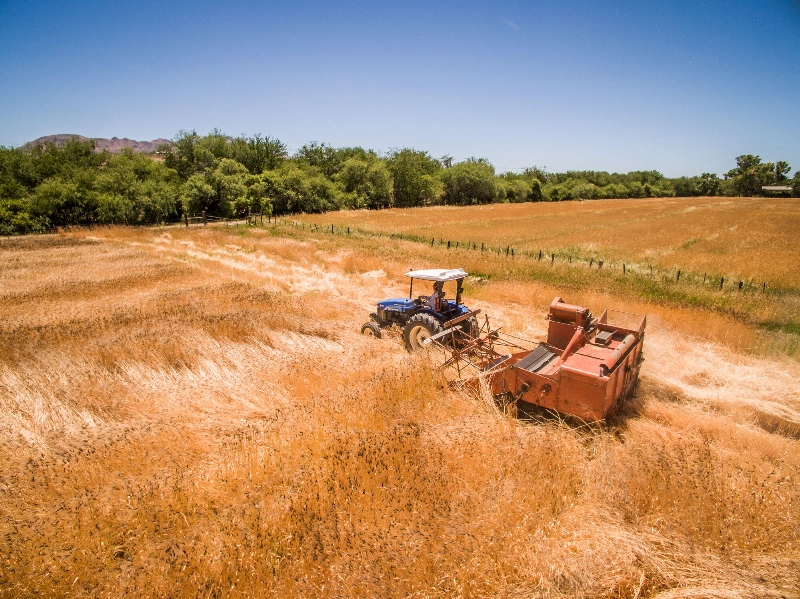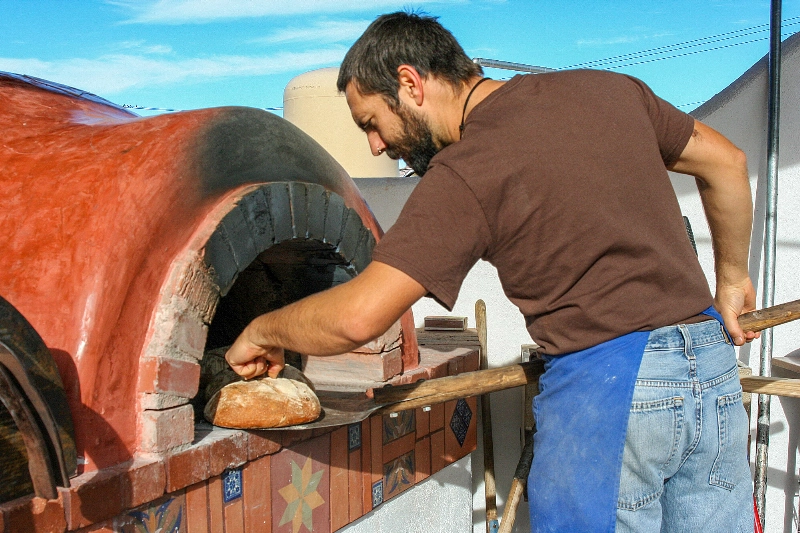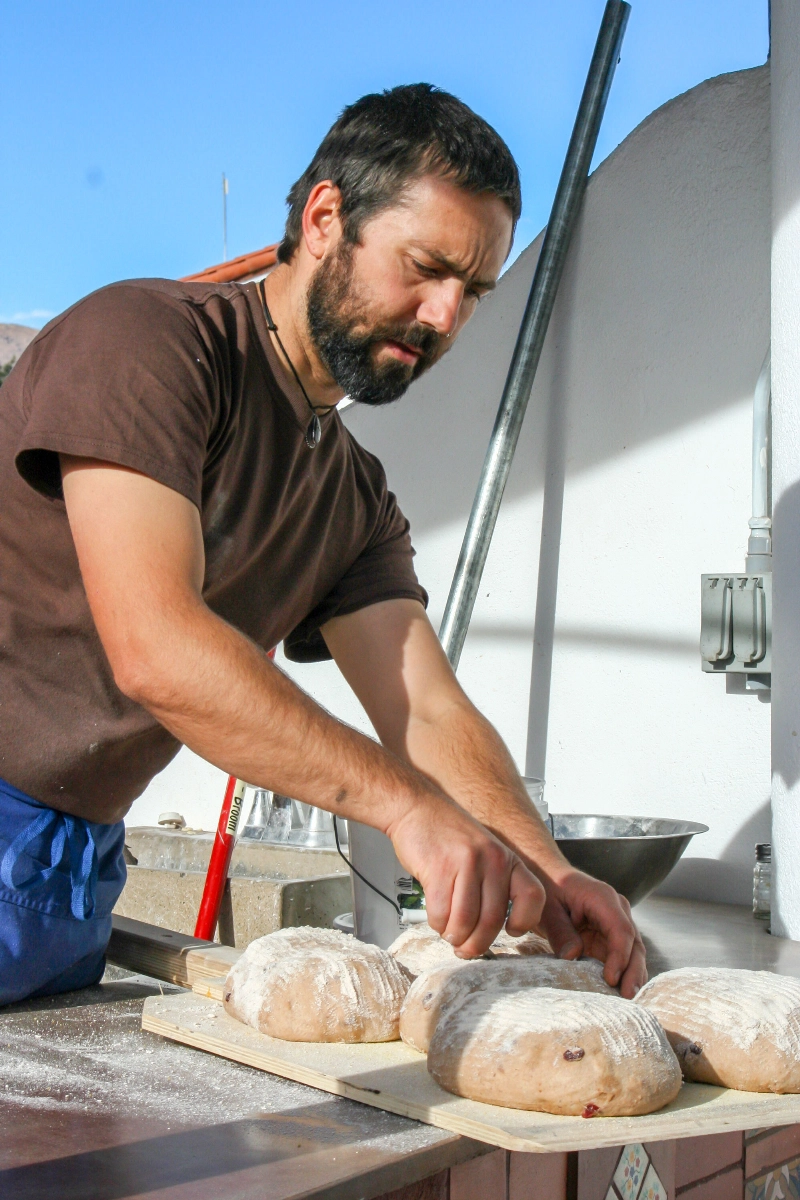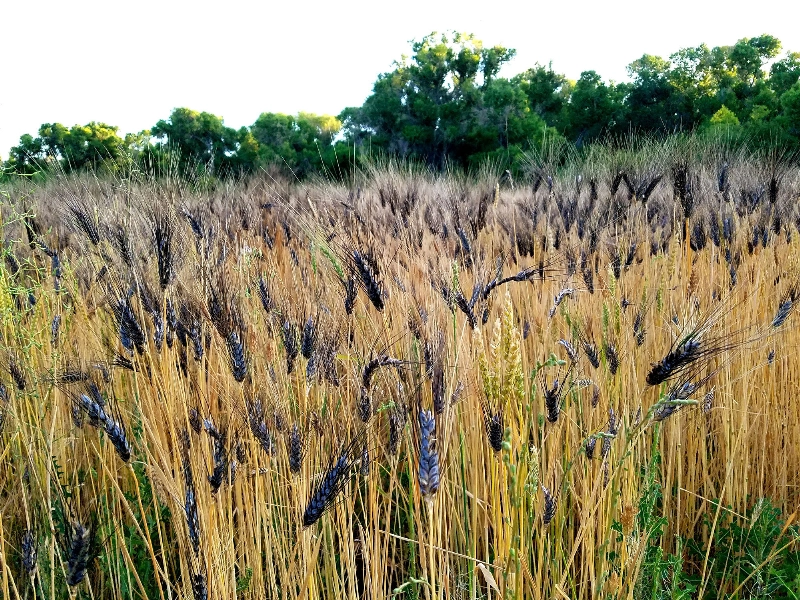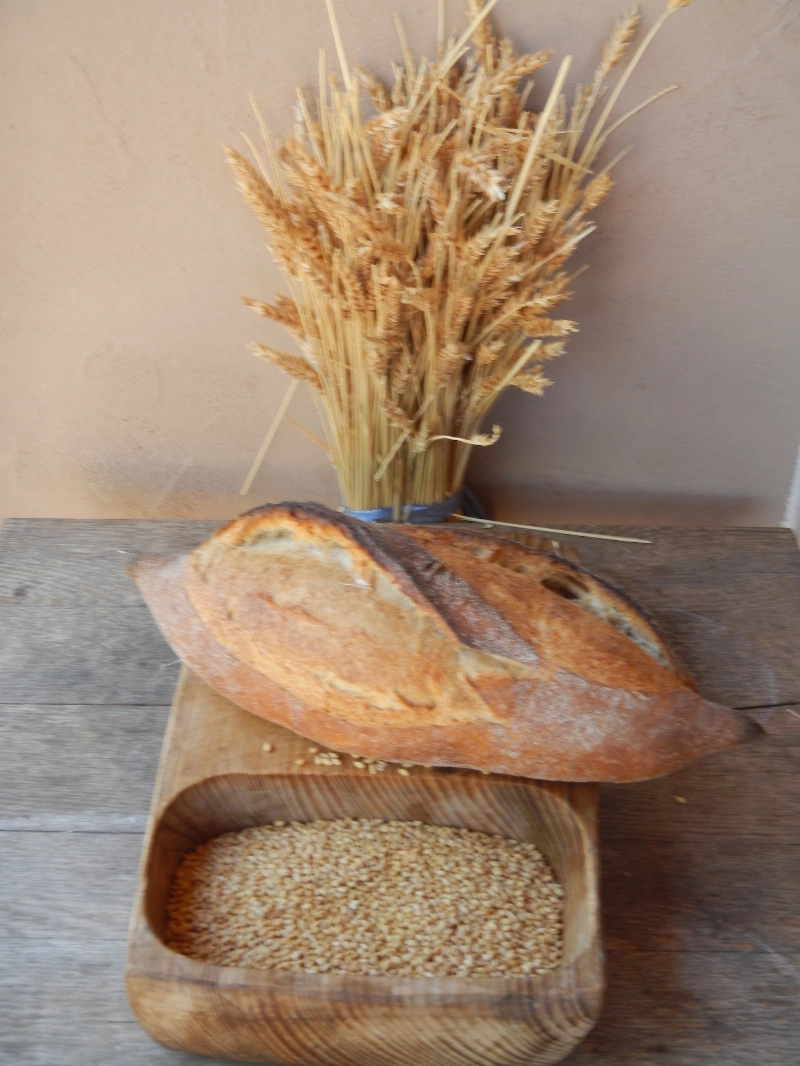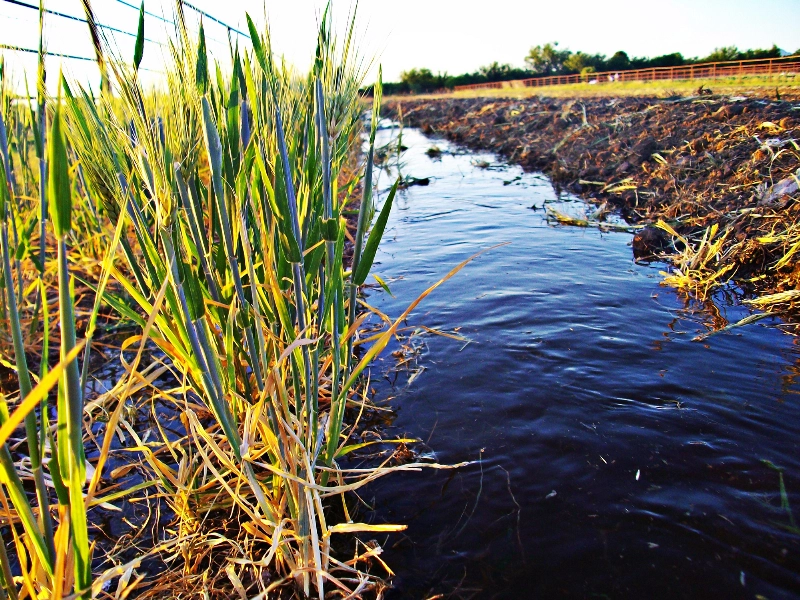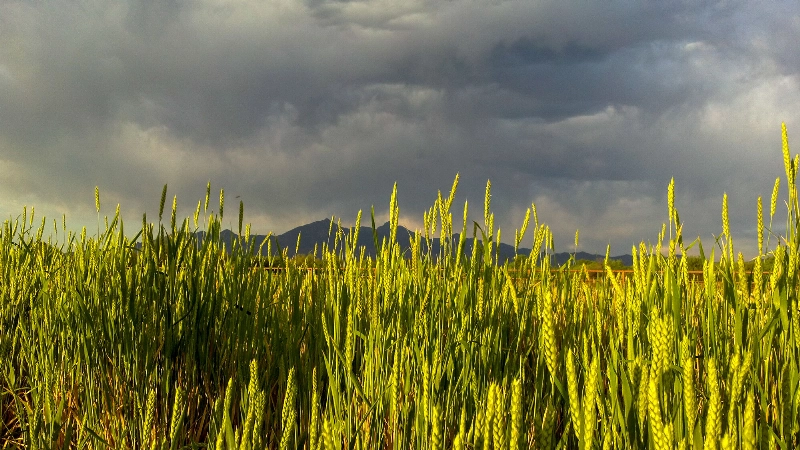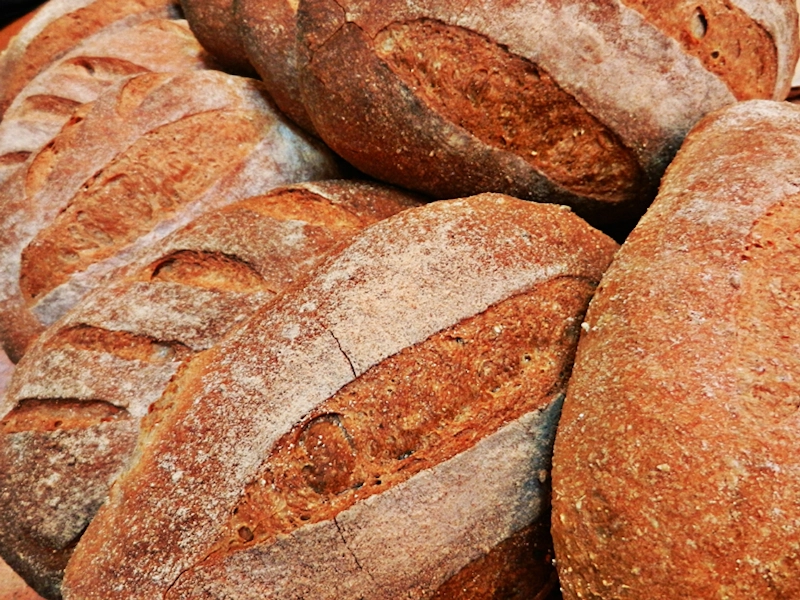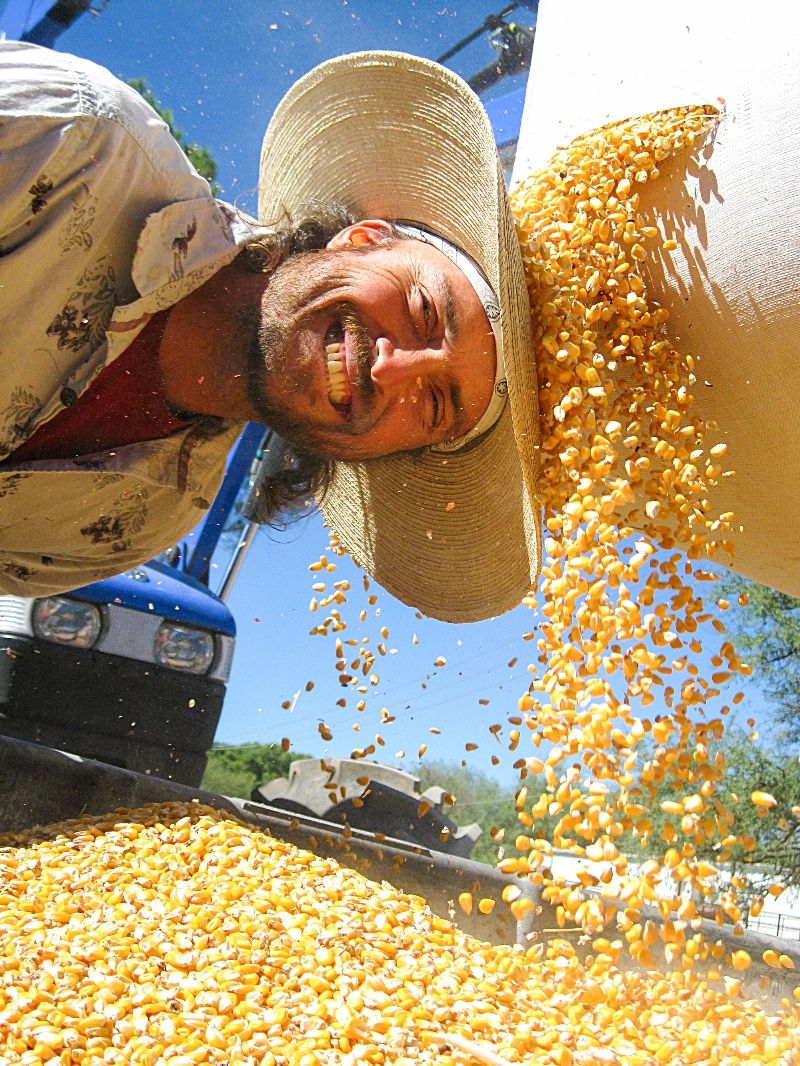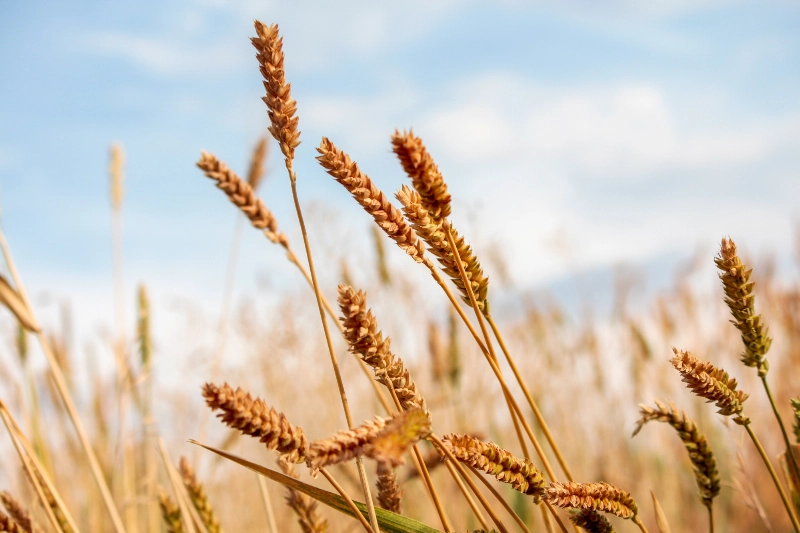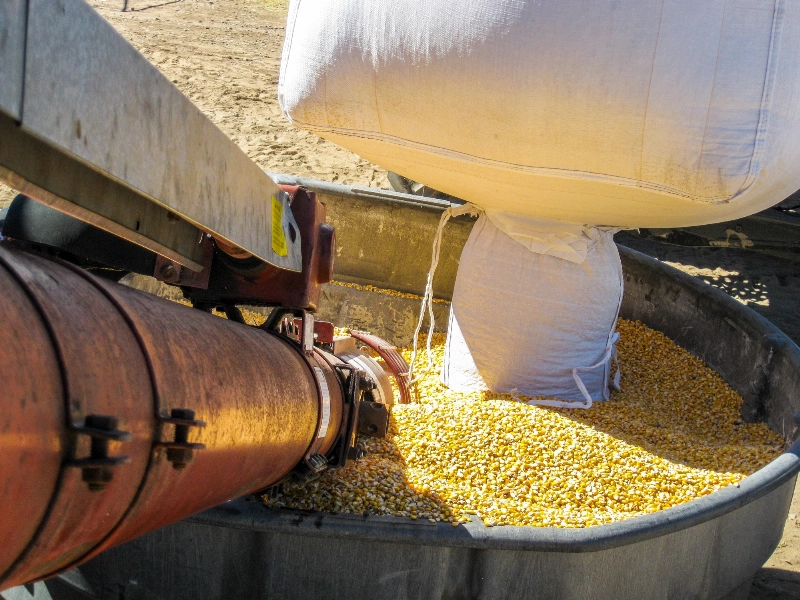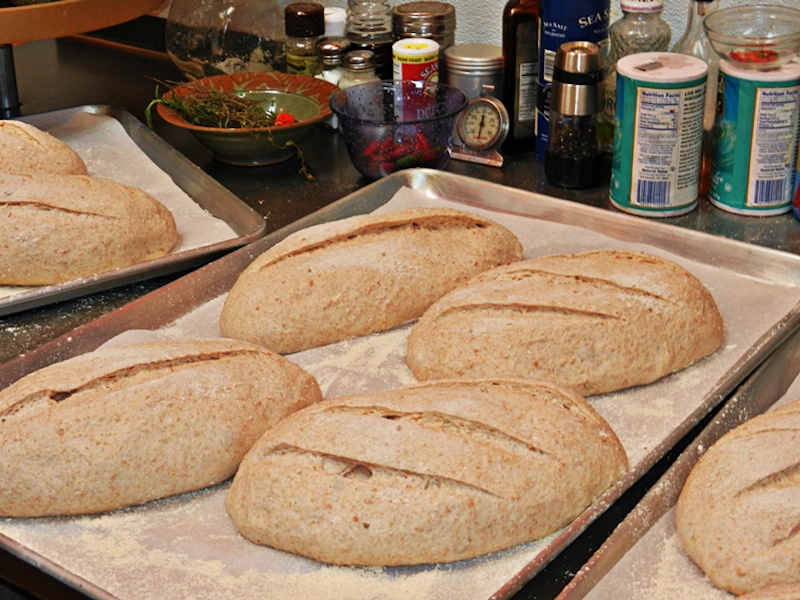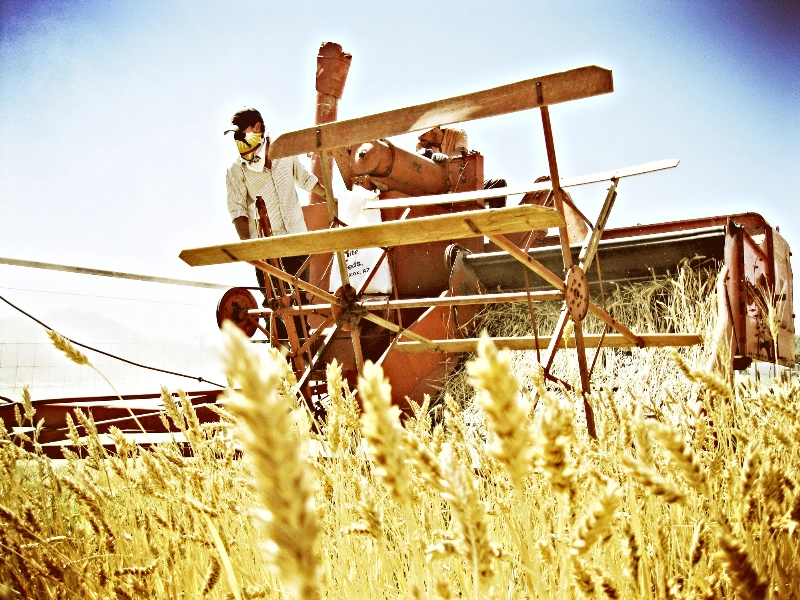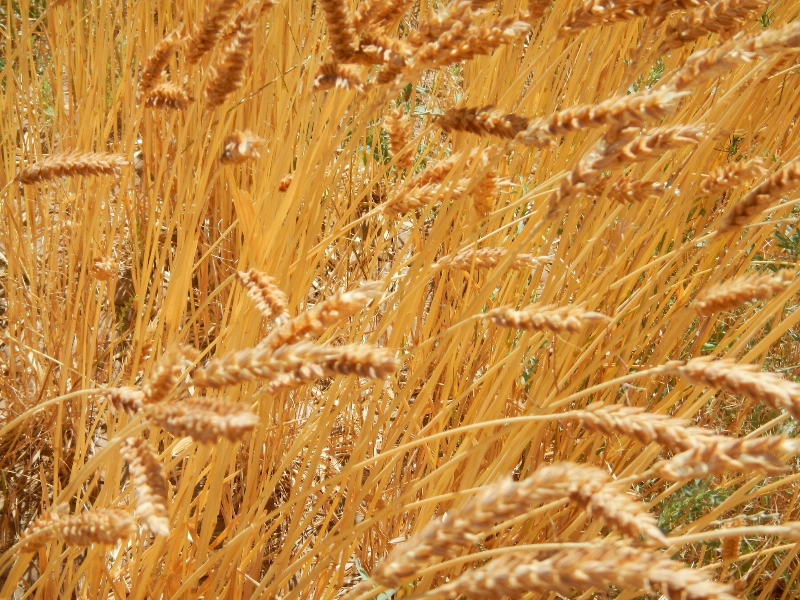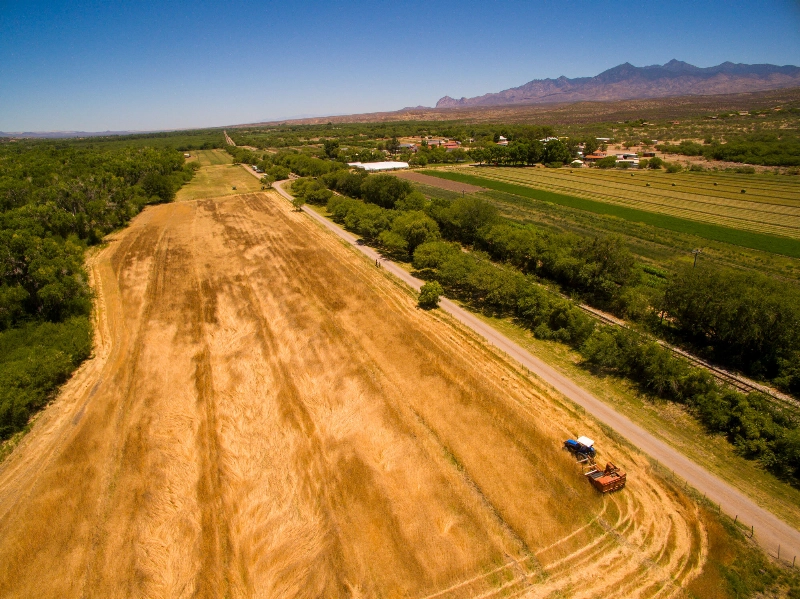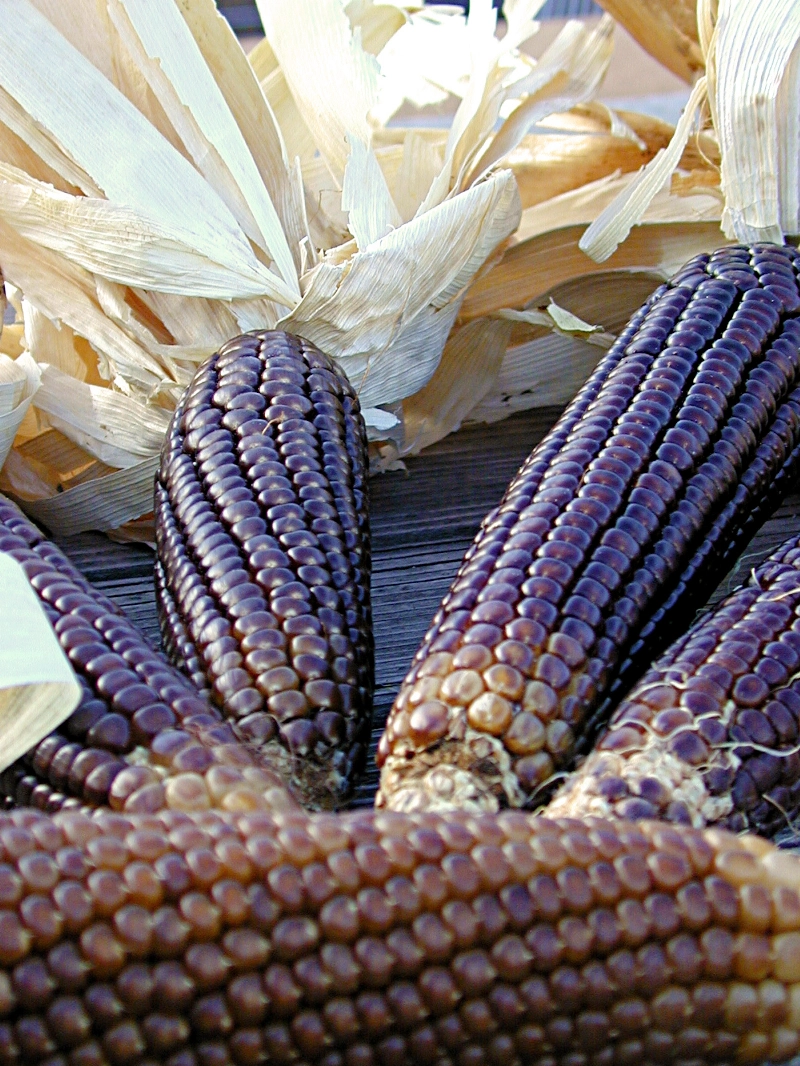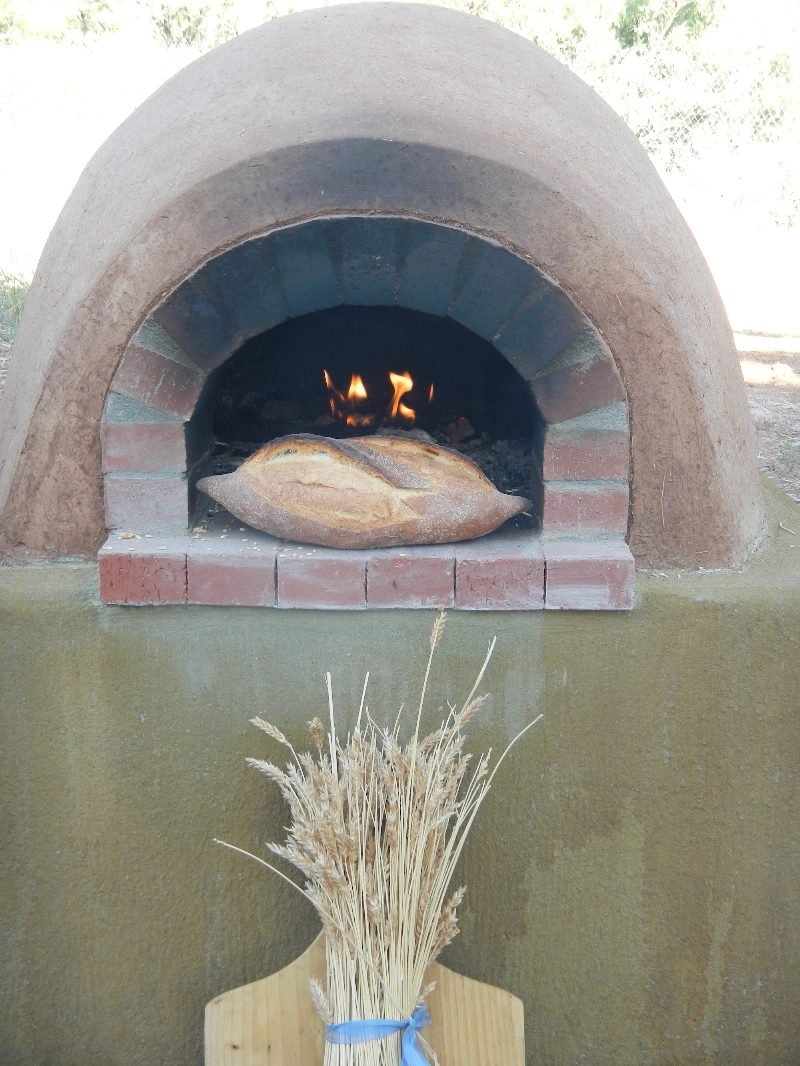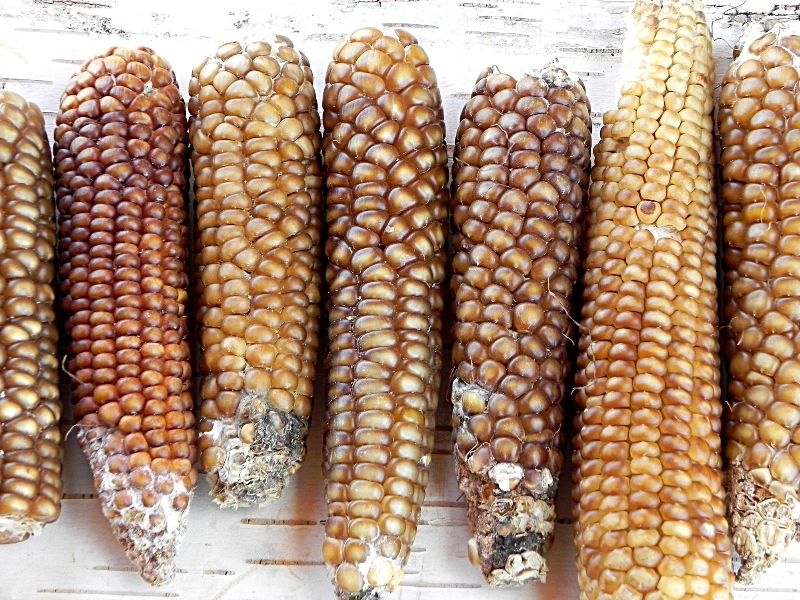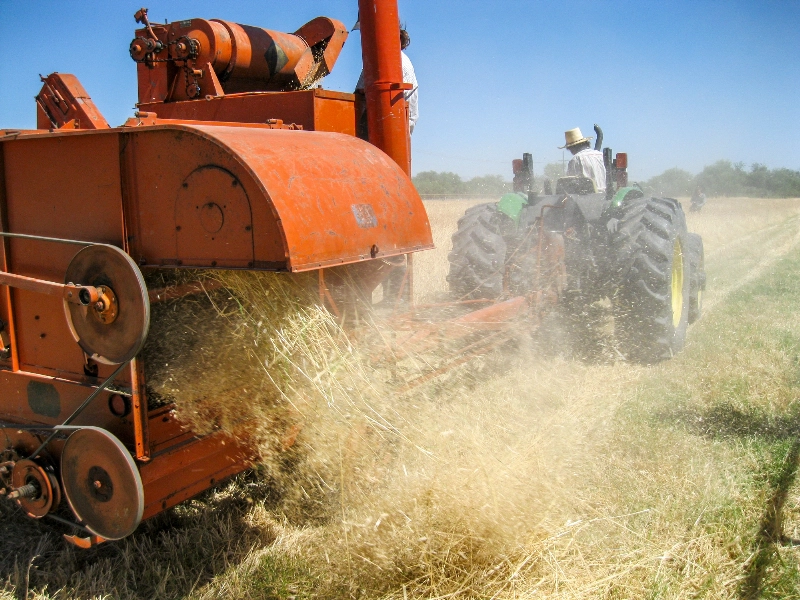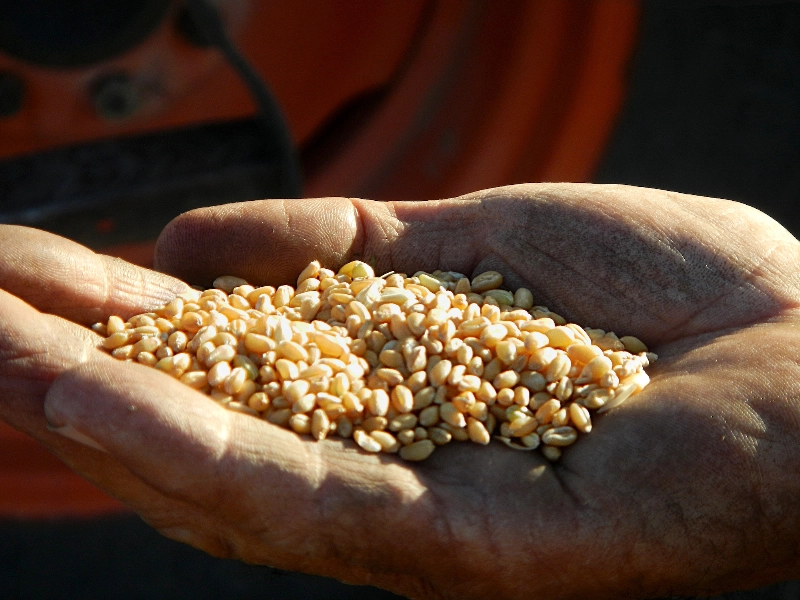Avalon EcoVillage history and promotion of arid-adapted heritage grains in Southern Arizona
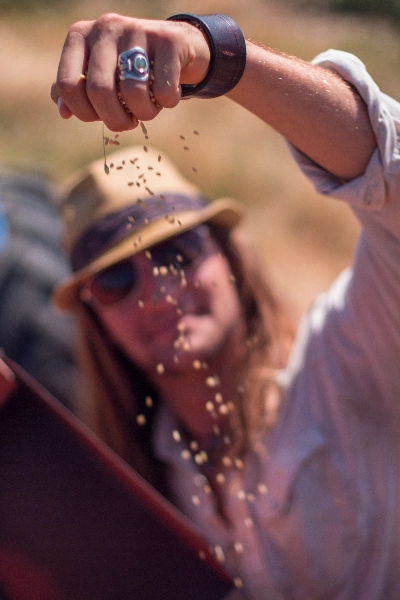
Avalon EcoVillage, along with an alliance of farmers and various individuals and organizations was awarded a two-year, $50,000 grant by the Western Sustainable Agriculture Research and Education (SARE) program in April of 2012. The purpose of the funding was to revive the production, milling, distribution and marketing of the oldest extant grain varieties adapted to the arid Southwest, including White Sonora soft bread wheat and Chapalote flint corn.
We, along with many others, embarked on a journey, unbeknownst to us, that has led us to our current day practices and innovations in agriculture and stewarding over 100 acres of farm, grazing and gardens. In this effort we attempted to reduce regional food insecurity, water and energy consumption, and over the last decade provided countless training and educational hands on opportunities. This opened up a portal for the future of diversified and sustainable agriculture practices in Southern Arizona.
This original grant opportunity greatly inspired a local food movement towards improving the quality of life for all citizens and more responsible land management practices. Our efforts successfully produced value-added products as a source of income, diversifying food markets and additionally educated the general public in the myriad of opportunities and benefits of farming, ranching and gardening relative to climate change and the evolving agricultural communities and landscapes.
Along with our volunteer farm staff at Avalon EcoVillage, we were partnered with a coalition of farmers, ranchers, chefs/bakers, millers, researchers and other agricultural professionals in the greater Santa Cruz Valley including Amado Farms Joint Venture, Community Food Bank of Tucson, Cultivate Santa Cruz, Hayden Flour Mills, Native Seeds/SEARCH, Santa Cruz Valley Heritage Alliance and the Tubac Historical Society. This ultimately also led to opening our own authentic “farm to table” restaurant in Tucson, the Food for Ascension Café. Our success in growing heritage grains enhanced our menu of locally sourced foods to benefit the patrons with various food sensitivities at our café table and introduced these native foods to their palates and pleasure.
We are continually inspired to expand with an intention of practicing methods of creating year-round nutritional forage to lessen the supplemental alfalfa crop production necessary for animal production with cover crops and companion planting to “coexist” with our extensive Bermuda grass fields. We have adopted the practice of optimizing no-till drilling of seeds in our field crops to sequester carbon to improve soil structure, build resilience and increase microbial activity. By inoculating with mycorrhizae and implementing rotational grazing practices with all livestock we have increased natural fertilization and thus further improved our soil condition.
Avalon EcoVillage, Farm and Ranch is the campus and the Agricultural division of the University of Ascension Science and the Physics of Rebellion which focuses on education and providing workshops, seminars and internships to share our experiences and further expand upon the concept of community supported agriculture in embodying the hope of a self-sufficient and regenerative model of living.
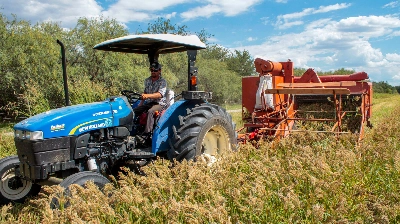
We are proud modern-day waymakers — reintroducing some of the wisdom of our “fore-farmers” of the past who worked the soil and developed a close personal relationship to their chosen profession. We have joined with those who built communities and formed lasting and meaningful connections to the land and to the people, not only from the need to survive, but the desire to build communities that included all peoples to thrive and grow in agricultural, culinary and living arts; a gift rewarding beyond words.
We are honored to steward some of the same lands as Eusebio Francisco Kino did, a Jesuit, missionary, geographer, explorer, cartographer, farmer and astronomer. He built homes, farmed the land and raised cattle; he transformed the desert into fruitful fields, populated with community, and driven with a vision and mission, after dedicating his life to his faith to his Jesuit Order as a Priest and Missionary.
Likewise, we are gathered and united here at Avalon EcoVillage, people from all over the world of all faiths, to serve as Human-Rights Advocates and volunteers. Growing Sonoran Wheat and other heritage grains and legumes, on the same land where Father Kino joined with Hispanic and Native American tribes growing grains and food over 300 years ago, is providential. Like clans of old united at times with other clans, we too support one another for food security in alliances of various farms formed to reestablish this nutritious food source in this region and beyond. Our efforts are to make farming a noble and profitable vocation and build a spiritual community as a solution. The long since forgotten profession of working the land has resulted in the exploitation and waste of natural resources and it is with integrity and gratitude that we continue to explore ways to live in harmony with the natural elements.
In retrospect much was accomplished with the SARE grant during the short 2 year period of this experiment. The efforts ongoing with volunteers and staff currently continue to improve the garden, farm and ranching methods at Avalon EcoVillage, Farm & Ranch.
